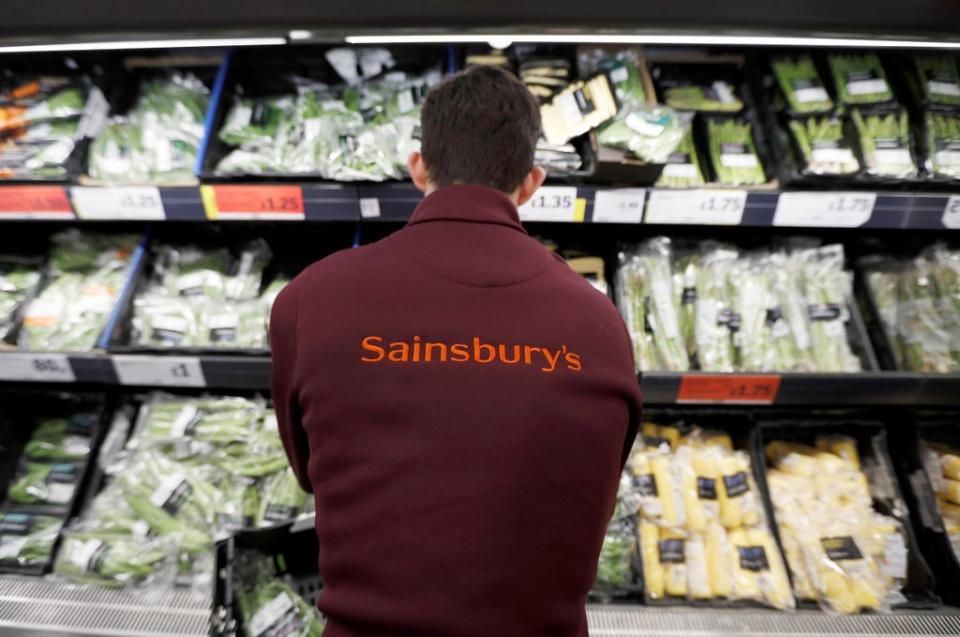‘Golden era’ of cheap food is over, says former Sainsbury’s boss

A "golden era" of cheap food is over and people will have to get used to spending more of their budgets on groceries, the former chief executive of Sainsbury's has warned.
Justin King said that even supermarkets making multi-billion pound profits could not be expected to absorb the cost increases they were facing.
Big retailers have been under pressure to keep prices low after announcing strong financial results while many of their customers struggle to make ends meet.
Mr King told the BBC's Today programme: "I think we have perhaps been through a golden era.
"We spend a much less as a proportion, on average, of our household budgets on food than at almost any period in history. That's been a long, gentle decline.
"I suspect what we will, see is a higher proportion across the piece spent on food for the longer term," adding that "it will require adjustments in how we prioritise our budgets".
Some people on the lowest incomes have little choice in the food they can afford, he said.
“But for most of us we can make choices about how much of our household budget is on food and the other things we do have the ability to spend money on.”
He defended supermarkets' record on setting prices, arguing that their net profit margins are low at 3 per cent.
"Even if supermarkets made no profits at all, they would not really be able to make a huge dent in the cost inflation which is coming through the system."
Food prices rose 5.9 per cent in the year to March, according to the latest official figures.
More rises are expected as producers absorb big increases to costs of fuel, transportation, energy and fertiliser.
Suppliers also face delays, additional paperwork and a shortage of workers after Brexit, further pushing up costs.
Mr King argued that UK supermarkets remained "among the most efficient in the world".
"Value for money in the food we sell in this country is fantastic," he said.

 Yahoo Finance
Yahoo Finance 